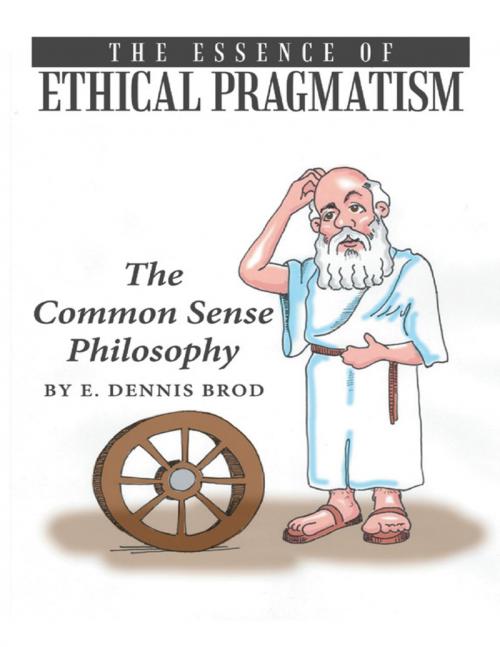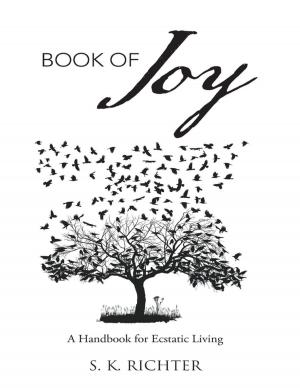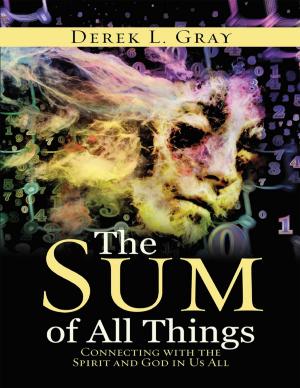The Essence of Ethical Pragmatism: The Common Sense Philosophy
Nonfiction, Health & Well Being, Self Help| Author: | E. Dennis Brod | ISBN: | 9781483454344 |
| Publisher: | Lulu Publishing Services | Publication: | September 1, 2016 |
| Imprint: | Lulu Publishing Services | Language: | English |
| Author: | E. Dennis Brod |
| ISBN: | 9781483454344 |
| Publisher: | Lulu Publishing Services |
| Publication: | September 1, 2016 |
| Imprint: | Lulu Publishing Services |
| Language: | English |
“Brod’s exposition is undoubtedly clearer than those of his philosophical predecessors … an admirably bipartisan book and it radiates open-mindedness.” Kirkus Reviews The author explains how the philosophy, ethical pragmatism (EP), can be used by individuals or institutions to provide the best method for incorporating common sense as a feature of all actions. At the heart of EP is a fundamental belief that all human life has value, and it fosters a technique for critical thinking through the use of a formal thought process—observe, analyze, evaluate and conclude. EP requires having accurate facts, precisely identifying and defining goals, ignoring all ideologies, dogmas, politics and corrupting influences—and only then objectively determining the most efficient way to reach your goals. The first part explains the philosophy’s development and justification. The second part shows, with interesting examples, how EP can be implemented to better our lives and deal with the issues challenging us today.
“Brod’s exposition is undoubtedly clearer than those of his philosophical predecessors … an admirably bipartisan book and it radiates open-mindedness.” Kirkus Reviews The author explains how the philosophy, ethical pragmatism (EP), can be used by individuals or institutions to provide the best method for incorporating common sense as a feature of all actions. At the heart of EP is a fundamental belief that all human life has value, and it fosters a technique for critical thinking through the use of a formal thought process—observe, analyze, evaluate and conclude. EP requires having accurate facts, precisely identifying and defining goals, ignoring all ideologies, dogmas, politics and corrupting influences—and only then objectively determining the most efficient way to reach your goals. The first part explains the philosophy’s development and justification. The second part shows, with interesting examples, how EP can be implemented to better our lives and deal with the issues challenging us today.















